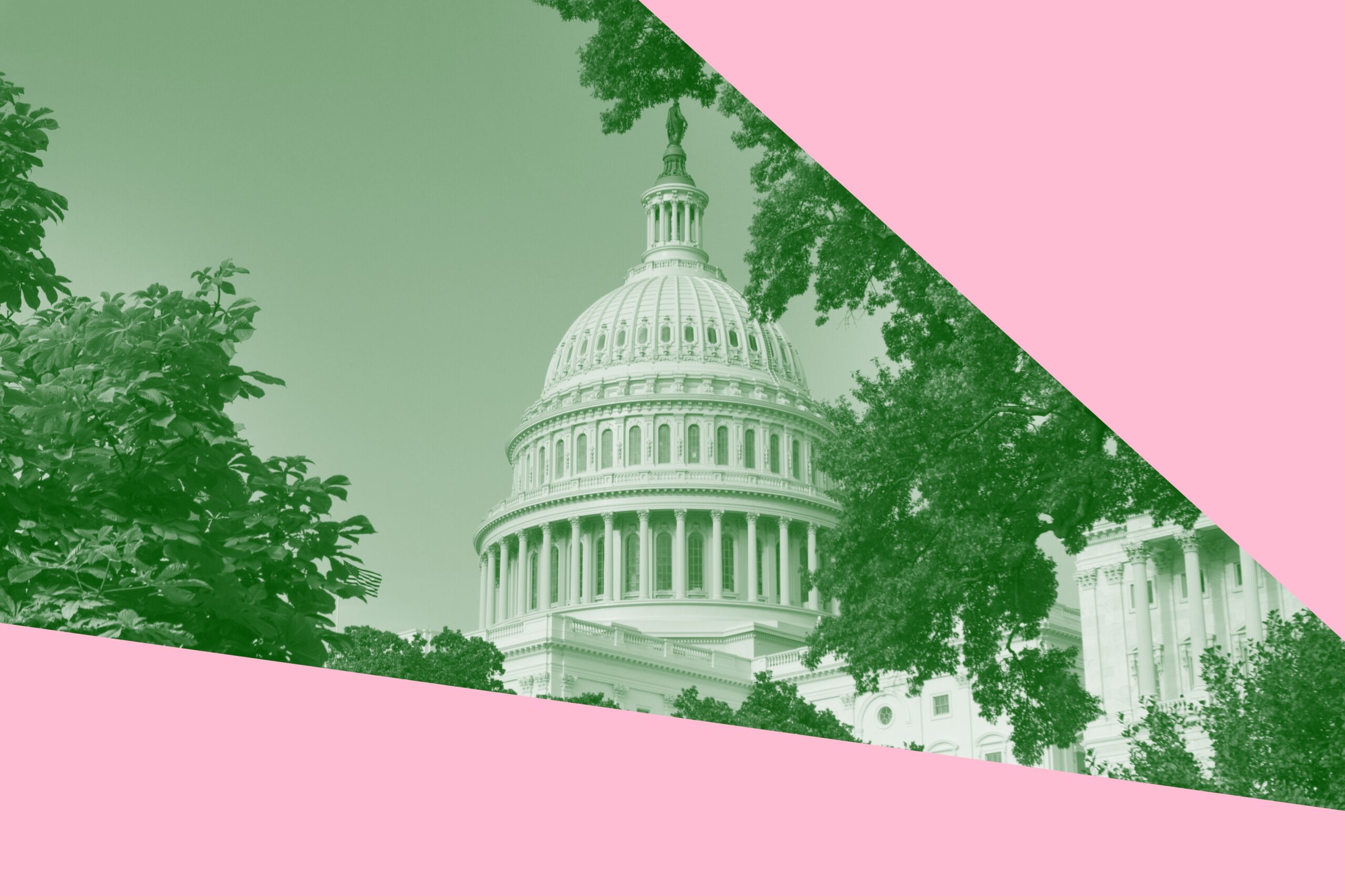

The African Trans Network (ATN) strongly condemns the Trump administration’s sudden implementation of a 90-day ‘stop-work’ order halting U.S. global foreign assistance, including critical PEPFAR funding. This decision, enacted through the executive order ‘Reevaluating and Realigning United States Foreign Aid’ on January 24, 2025, poses an immediate and severe threat to transgender communities across Africa.
The African Trans Network (ATN) strongly condemns the Trump administration’s sudden implementation of a 90-day ‘stop-work’ order halting U.S. global foreign assistance, including critical PEPFAR funding. This decision, enacted through the executive order ‘Reevaluating and Realigning United States Foreign Aid’ on January 24, 2025, poses an immediate and severe threat to transgender communities across Africa.
The World Health Organization has warned that this funding pause threatens to unravel decades of progress in the fight against HIV/AIDS. Of the 39.9 million people living with HIV globally at the end of 2023, more than 30 million rely on various international aid programs that are now at risk. PEPFAR, as one of the largest contributors to global HIV response, currently provides HIV treatment to more than 20 million people, including 566,000 children under 15 years of age. Over its two-decade history, the program has helped save an estimated 26 million lives through its comprehensive HIV prevention, treatment, and care services.
We are already witnessing devastating consequences as life-saving clinics close their doors across the continent. Trans individuals in Africa face unique challenges in accessing healthcare, with many relying exclusively on U.S.-funded programs for HIV prevention and treatment. The situation is particularly dire given that state and church-run healthcare institutions often exclude trans individuals due to stigma and criminalization. For countless members of our community, U.S. aid has meant the difference between life and death. The combination of these funding cuts and existing discrimination creates a potentially lethal situation for our communities.
This funding freeze occurs within a broader context of healthcare challenges in Africa. A prolonged funding halt could reverse decades of progress, potentially returning us to the devastating scenarios of the 1980s and 1990s when millions died of HIV annually worldwide. This regression would disproportionately affect marginalized communities, including trans individuals who already face significant barriers to healthcare access. The reality is that international donors provide 80% of HIV/AIDS funding in many African nations. The sudden withdrawal of this support leaves vulnerable populations without alternatives, threatening to unravel years of progress in HIV prevention and treatment.
Our network is witnessing deeply concerning reports from across the continent. Healthcare workers and organizations are facing immediate operational challenges, while trans individuals are expressing fear and uncertainty about continuing their treatment. Community support systems are under severe strain, with many facing the prospect of treatment interruption within days. The human cost of this decision is already becoming apparent as organizations struggle to maintain essential services.
The gravity of this situation demands immediate action on multiple fronts. We urgently call for the immediate reversal of the stop-work order by the U.S. administration and the establishment of emergency bridge funding from other international donors. African governments must step forward to protect and support trans healthcare access, while the international community must demonstrate solidarity with affected communities. Most fundamentally, there must be recognition that healthcare access is a basic human right that transcends political ideology.



